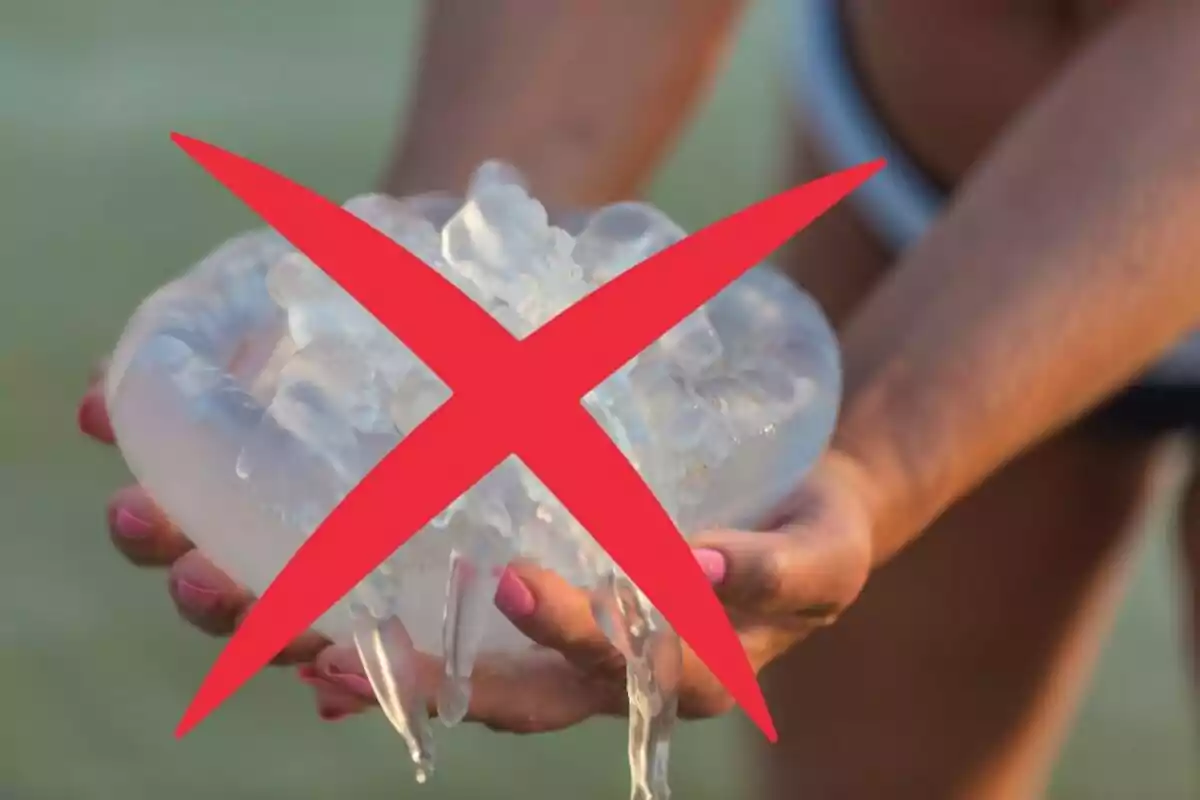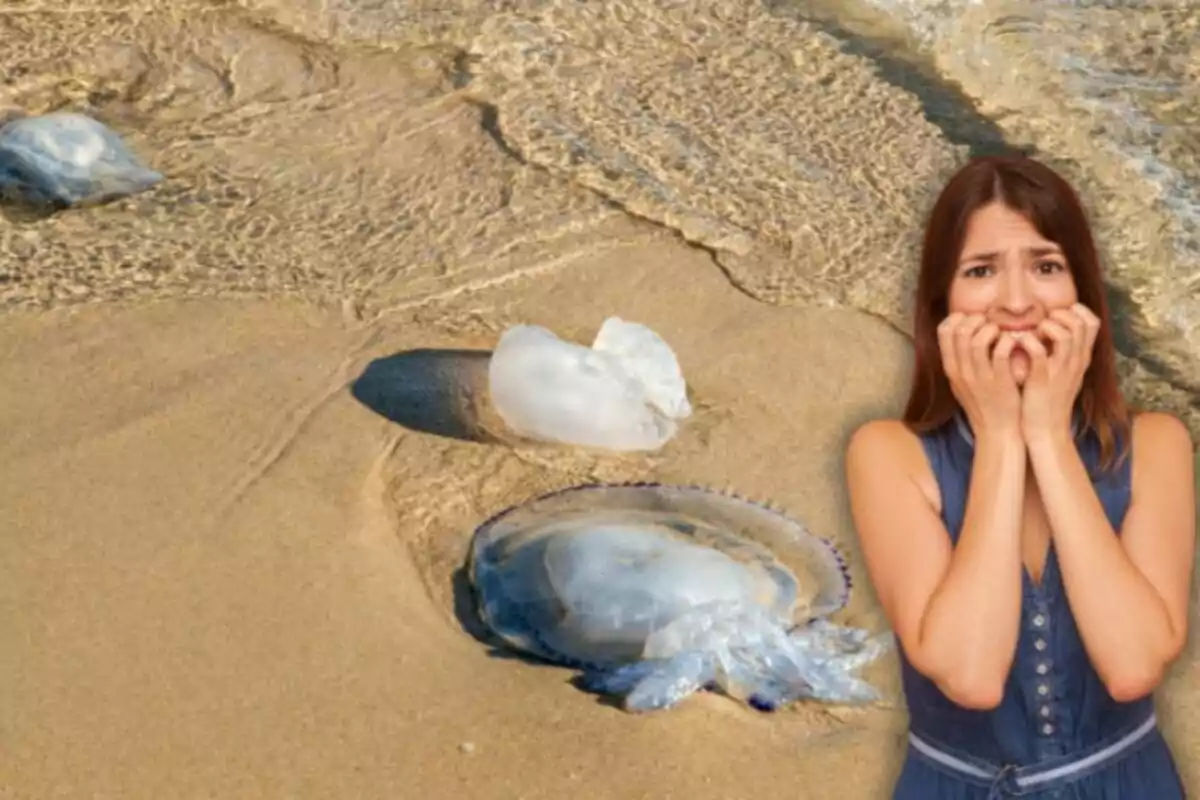Summer brings vacations. Those days of rest invite days at the beach, walks in nature, and outdoor activities that encourage enjoyment. However, it's also the time of year when medical emergencies related to heat, insects, and marine life increase the most.
Juan Pablo García, a nurse and board member of the College of Nursing of A Coruña, has shared a series of tips. These are essential to avoid common problems with jellyfish this season. With years of experience treating these cases, his message is clear: preventing is easier than curing.

Jellyfish should not be touched, even if they seem harmless
One of the greatest risks at the beach is related to jellyfish. Even if a jellyfish seems harmless on the shore, touching it can be a dangerous mistake, because it still releases toxins. "Jellyfish found on the sand shouldn't be touched," warns nurse Juan Pablo García.
Even though they may look motionless, many retain active stinging cells that can cause discomfort with the slightest contact. The increase in sea temperature has brought jellyfish to beaches where they were previously rare. Since many people aren't familiar with them, they often act without caution and end up suffering stings.
This climate change forces people to be extra careful in areas where these encounters were practically nonexistent before. If a jellyfish stings in the sea, the first thing to do is get out of the water and wash the affected area with salt water, never with fresh water. Applying local heat with a hot cloth helps neutralize the venom, and then it's recommended to apply cold; the important thing is to act quickly.

Prevention remains the key to avoiding scares
Besides jellyfish, during summer people should be alert to insect stings such as bees or wasps, which also require attention. It's important to remove the stinger, wash with water and soap, apply cold, and observe the evolution. In case of a severe reaction, people should call 112 immediately.
In addition to these incidents, there's another risk that's not always mentioned: spinal cord injuries from diving. "It's essential to be careful when diving into the water," García reminds, "since the number of serious cases has increased."
To enjoy summer without incidents, it's enough to take simple precautions. Wear appropriate footwear, keep hydrated, avoid touching marine animals, and know basic first aid. Because, as Juan Pablo insists, "summer is for enjoying, but with common sense."

